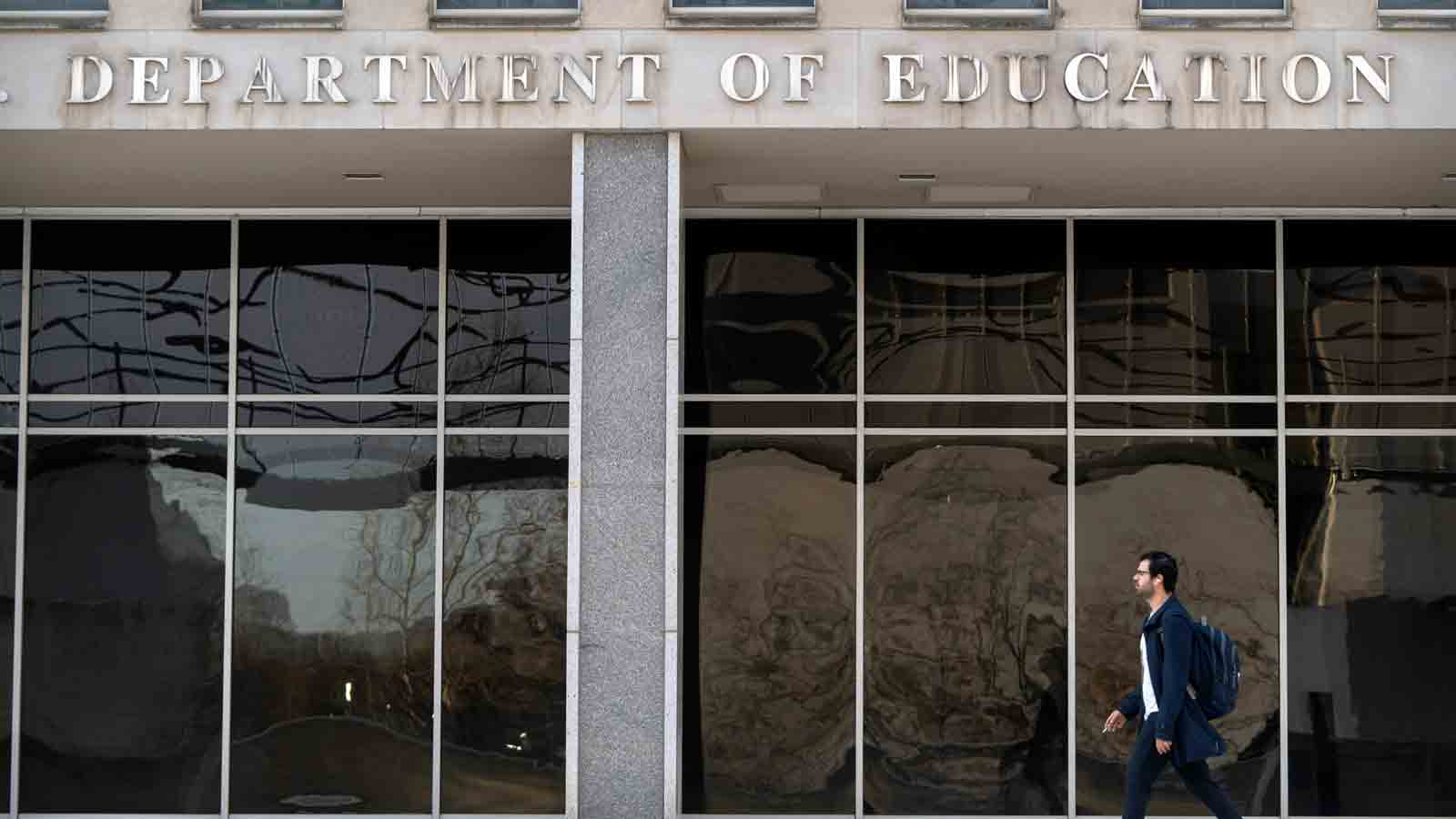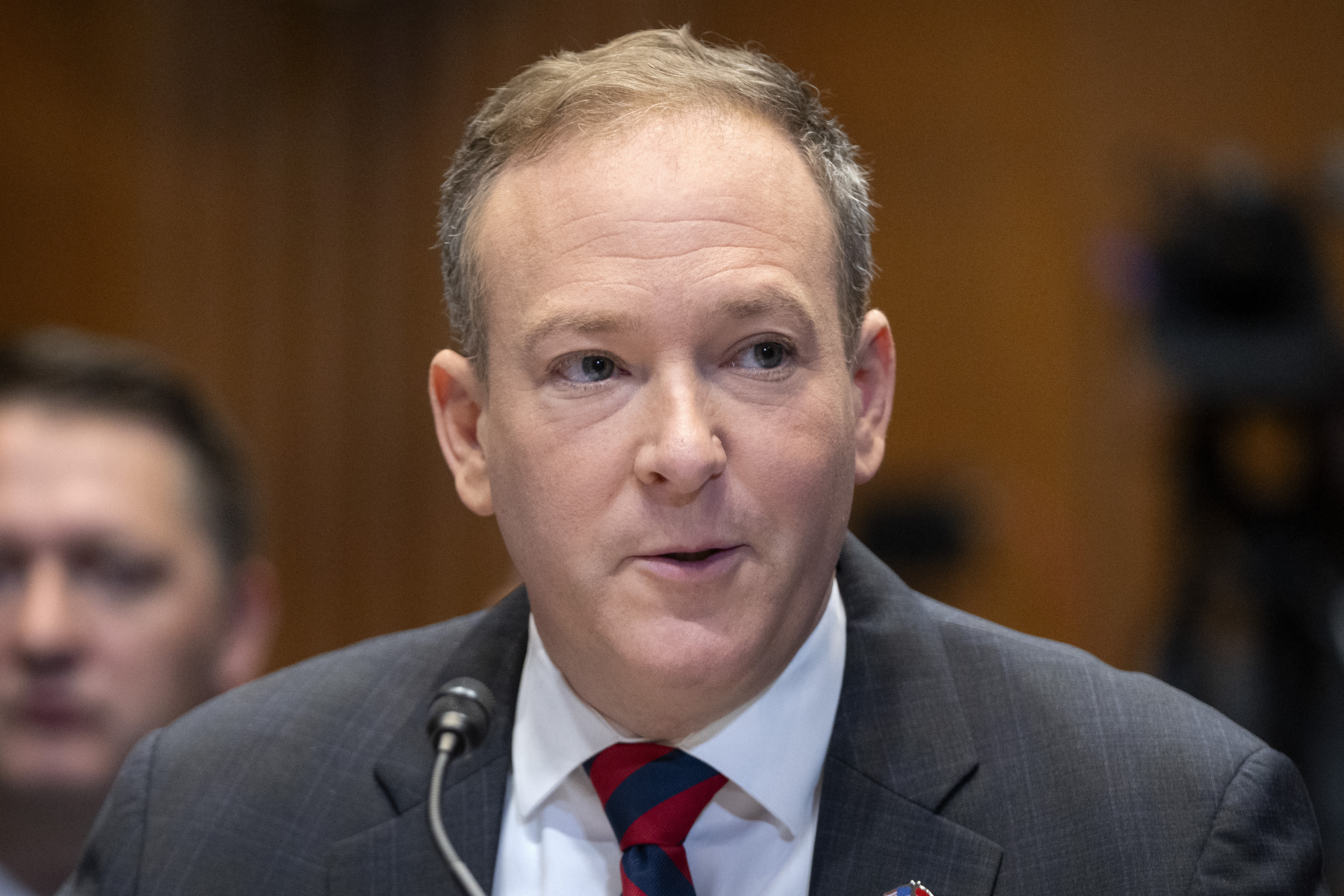President Donald Trump launched his comeback rally Saturday by defining the upcoming election as a stark choice between national heritage and left-wing radicalism. But his intended show of political force amid a pandemic featured thousands of empty seats and new coronavirus cases on his own campaign staff.
Trump ignored health warnings to hold his first rally in 110 days — one of the largest indoor gatherings in the world during a coronavirus outbreak that has killed more than 120,000 Americans and put 40 million out of work. The rally was meant to restart his reelection effort less than five months before the president faces voters again.
“The choice in 2020 is very simple,” Trump said. “Do you want to bow before the left-wing mob, or do you want to stand up tall and proud as Americans?”
Trump unleashed months of pent-up grievances about the coronavirus, which he dubbed the “Kung flu,” a racist term for COVID-19, which originated in China. He also tried to defend his handling of the pandemic, even as cases continue to surge in many states, including Oklahoma.
Get top local stories in San Diego delivered to you every morning. Sign up for NBC San Diego's News Headlines newsletter.
He complained that robust coronavirus testing was making his record look bad — and suggested the testing effort should slow down.
“Here’s the bad part. When you do testing to that extent, you’re going to find more cases,” he said. “So I said to my people, ‘Slow the testing down.’ They test and they test.”
“Speed up the testing,” Trump's Democratic opponent, Joe Biden, tweeted later.
Politics
In the hours before the rally, crowds were significantly lighter than expected, and campaign officials scrapped plans for Trump to address an overflow space outdoors. When Trump thundered that “the silent majority is stronger than ever before," about a third of the seats at his indoor rally were empty.
Trump tried to explain away the crowd size by blaming the media for scaring people and by insisting there were protesters outside who were “doing bad things." But the small crowds of pre-rally demonstrators were largely peaceful, and Tulsa police reported just one arrest Saturday afternoon.
Before the rally, Trump's campaign revealed that six staff members who were helping set up for the event had tested positive for the coronavirus. Campaign communications director Tim Murtaugh said neither the affected staffers nor anyone who was in immediate contact with them would attend the event.
The president raged to aides that the staffers' positive cases had been made public, according to two White House and campaign officials who spoke on condition of anonymity because they weren’t authorized to speak publicly about private conversations.
Trump devoted more than 10 minutes of his 105-minute rally — with the crowd laughing along — trying to explain away a pair of odd images from his speech last weekend at West Point, blaming his slippery leather-soled shoes for video of him walking awkwardly down a ramp as he left the podium. And then he declared that he used two hands to drink a cup of water that day because he didn't want to spill water on his tie — and proceeded to this time drink with just one hand.
But Trump also leaned in hard on cultural issues, including the push to tear down statue s and rename military bases honoring Confederate generals following nationwide protests about racial injustice.
“The unhinged left-wing mob is trying to vandalize our history, desecrate our monuments, our beautiful monuments," Trump said. “They want to demolish our heritage so they can impose their new repressive regime in its place."
Trump also floated the idea of a one-year prison sentence for anyone convicted of burning an American flag, an act of protest protected by the First Amendment. And he revived his attacks on Minnesota Rep. Ilhan Omar, who emigrated from Somalia as a child, claiming she would want “to make the government of our country just like the country from where she came, Somalia: no government, no safety, no police, no nothing — just anarchy."
“And now she’s telling us how to run our country," Trump continued. “No, thank you."
After a three-month break from rallies, Trump spent the evening reviving his greatest hits, including boasts about the pre-pandemic economy and complaints about the media. But his scattershot remarks made no mention of some of the flashpoints roiling the nation, including the abrupt firing of a U.S. attorney in Manhattan, the damaging new book from his former national security adviser or the killing of George Floyd..
Large gatherings in the United States were shut down in March because of the coronavirus. The rally was scheduled over the protests of local health officialsas COVID-19 cases spike in many states, while the choice of host city and date — it was originally set for Friday, Juneteenth, in a city where a 1921 racist attack killed as many as 300 people — prompted anger amid a national wave of protests against racial injustice.
But Trump and his advisers forged forward, believing that a return to the rally stage would reenergize the president, who is furious that he has fallen behind Biden in polls, and reassure increasingly anxious Republicans.
But Trump has struggled to land effective attacks against Biden, and his broadsides against the former vice president did not draw nearly the applause as did his digs at his 2016 opponent, Hillary Clinton.
City officials had expected a crowd of 100,000 people or more in downtown Tulsa. Trump's campaign, for its part, declared that it had received over a million ticket requests. The crowd that gathered was far less than that, though the rally, being broadcast on cable, also targeted voters in battleground states such as Pennsylvania, North Carolina and Florida.
The president’s campaign tried to point fingers elsewhere over the smaller-than-expected crowds, accusing protesters of blocking access to metal detectors and preventing people from entering the rally. Three Associated Press journalists reporting in Tulsa for several hours leading up to the president’s speaking did not see protesters block entry to the area where the rally was held.
The campaign handed out masks and hand sanitizer, but there was no requirement that participants use them and few did. Participants also underwent a temperature check.
“I don’t think it’s anything worse than the flu,” said Brian Bernard, 54, a retired IT worker from Baton Rouge, Louisiana, who sported a Trump 2020 hat. “I haven’t caught a cold or a flu in probably 15 years, and if I haven’t caught a cold or flu yet, I don’t think I’m gonna catch COVID."
___
Lemire reported from New York. Associated Press writers John Mone and Ellen Knickmeyer in Tulsa, Okla., contributed to this report.



